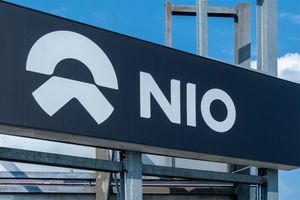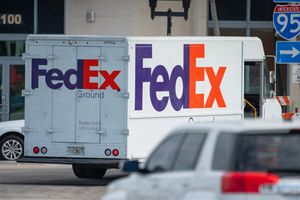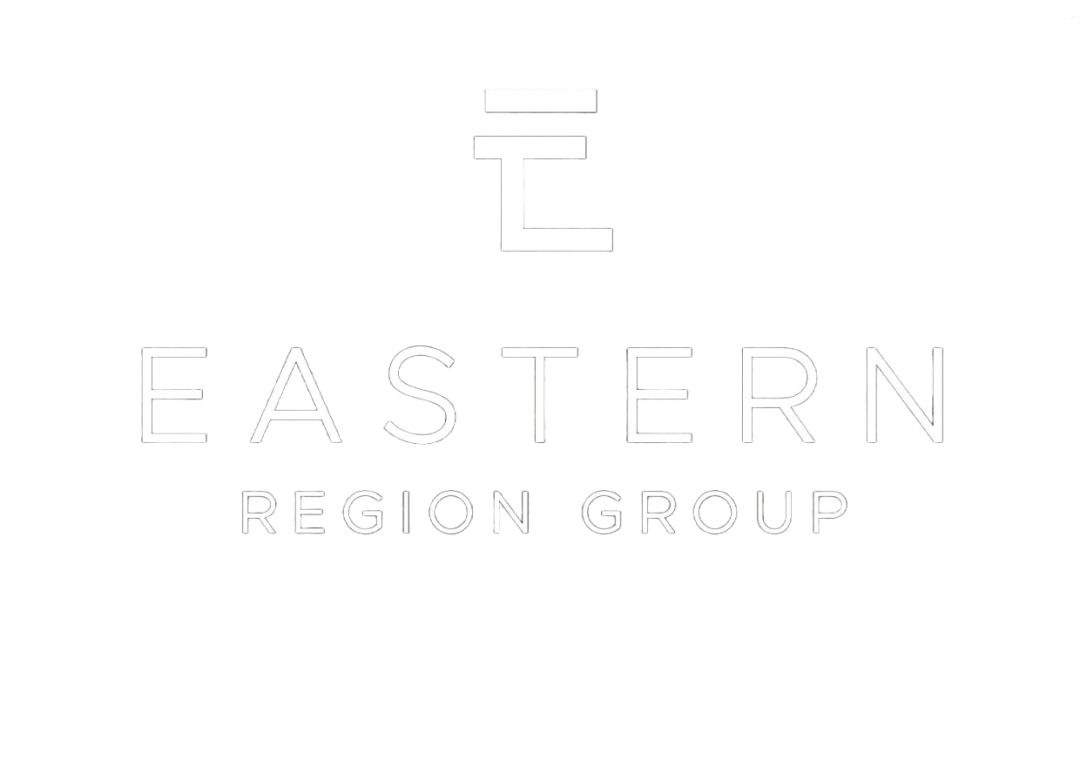Financial News
EU AML Package 2025: What is AMLA and Why it Will Change Compliance in Europe
At Eastern Region Group, we specialise in helping businesses, family offices, and investors navigate the ever-changing legal and compliance landscape between Europe and the Middle East. One of the most important regulatory milestones coming into effect soon is the EU Anti-Money Laundering Package 2025 (AML Package 2025). At its core lies a new institution that will fundamentally reshape compliance: the Anti-Money Laundering Authority (AMLA).

What is AMLA?
The AMLA will be the EU’s first central body dedicated exclusively to anti-money laundering and counter-terrorist financing (AML/CFT). Unlike today’s fragmented system, where supervision depends on national regulators, AMLA will have direct supervisory powers over the riskiest financial institutions — cross-border banks, major payment providers, and crypto-asset service firms. For other entities, it will coordinate and harmonise national oversight. In practice, this will end the patchwork approach and establish a single EU-level standard.
Key Legal Changes
The AML Package 2025 introduces several innovations that businesses cannot ignore:
• Single Rulebook – a uniform EU Regulation, directly binding on all Member States.
• Beneficial Ownership Transparency – stricter rules on disclosing Ultimate Beneficial Owners (UBOs), limiting the use of nominee structures.
• Coverage of CASPs – AML rules will fully apply to crypto-asset service providers, aligned with the EU’s MiCA framework.
• Risk Ratings – entities will be assessed according to pan-European risk classifications, with particular attention to cross-border exposure.
• Sanctions Hub – AMLA will act as a coordination centre for EU sanctions enforcement, strengthening the link between compliance and geopolitics.
Why It Matters
For businesses, this change eliminates the strategy of “regulatory shopping.” It will no longer be possible to choose a lighter national regime — AMLA will set one standard for all. For compliance officers, new terms such as “single supervisory mechanism” and “central suspicious transactions database” will soon become part of daily work.
Personal View
In my opinion, AMLA is more than just another EU regulator. It is a cultural shift: compliance will no longer be a formality for local authorities but a strategic obligation with EU-wide consequences. Companies that fail to adapt will face not just fines but also reputational damage and loss of access to the financial system.
Why Expert Help Is Needed
The complexity of AMLA’s framework lies in the details — from group reporting lines to UBO disclosure thresholds, from reconciling AMLA rules with national registers to managing cross-border tax implications. These are challenges where professional legal and compliance support makes the difference between smooth adaptation and regulatory risk.
At Eastern Region Group, we help clients prepare for these changes in advance, building compliance structures that are both legally sound and business-efficient. In 2025, AMLA will set the tone for compliance in Europe — and those who act early with expert guidance will be the ones best positioned to succeed
Media Contact
Company Name: Eastern Region Group
Contact Person: Tatjana Andreeva
Email: Send Email
Phone: +971 56 660 0226
Country: United Arab Emirates
Website: https://easternregiongroup.com/
More News
View More





Quotes delayed at least 20 minutes.
By accessing this page, you agree to the following
Privacy Policy and Terms Of Service.




